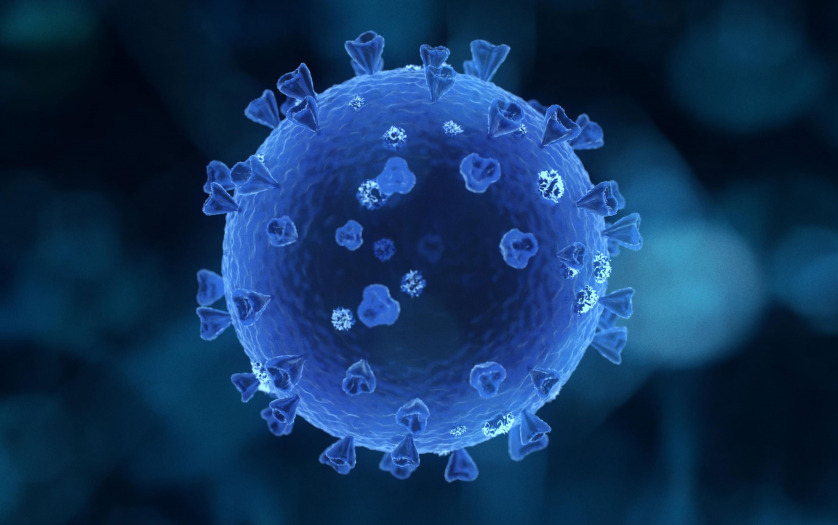
A £2 million funded study aims to develop treatments and prevent disability for people with post-COVID-19 lung damage.
COVID-19 can lead to inflammation in the lungs due to the infection and the immune system’s reaction to it. The inflammation may improve over time, but in some people it persists.
In severe cases, the lungs may become scarred. The scarring causes stiffness in the lungs, which can make it difficult to breathe and get oxygen to the bloodstream, resulting in long-term breathlessness and difficulty managing daily tasks.
This inflammation and scarring of the lungs is called ‘interstitial lung disease’.
Now, this study, funded by UK Research and Innovation (UKRI) and led by Imperial College London, called the UK Interstitial Lung Disease Long-COVID19 (UKILD-Long COVID) study, will investigate whether post-COVID-19 lung damage will improve or worsen over time, how long it will last, and the best strategies for developing treatments.
Early evidence indicates that lung damage occurs in approximately 20% of patients discharged from hospital, but the effects on people who experience long-Covid in the community are currently unclear.
Matthew Gordon, 44, from Bristol, who was hospitalised with COVID-19 in January 2020, said of his experience: “Nearly two months on, I’m slowly recovering. The coughing has stopped, which is the greatest relief, and it’s no longer a struggle to breathe. However, my muscle strength is still very weak and doing mild exercise such as jogging, or even walking while talking, can make me short of breath. My latest review with the respiratory consultant a couple of weeks ago found there was still some slight crackling on my lungs and my lung capacity was reduced but had improved since January.
“During my time in hospital I took part in trials, such as REMAP-CAP treatment trial, and now I’m keen to take part in research to learn more about the long-term effects of COVID on the lungs of people like me and how we’re recovering.”
This study, led by researchers at Imperial College London, will bring together researchers and clinicians from 15 research centres and will include patients already in COVID-19 studies, such as the Post-hospitalisation COVID-19 study.








